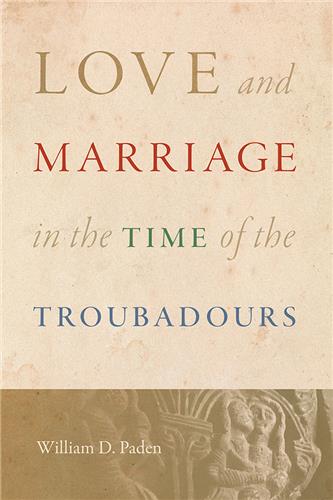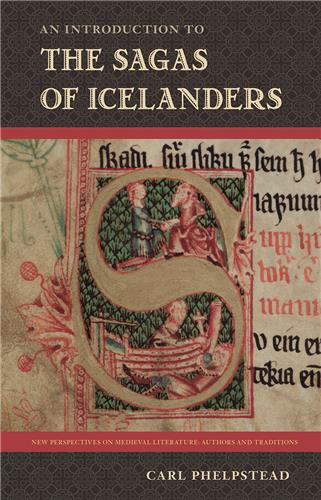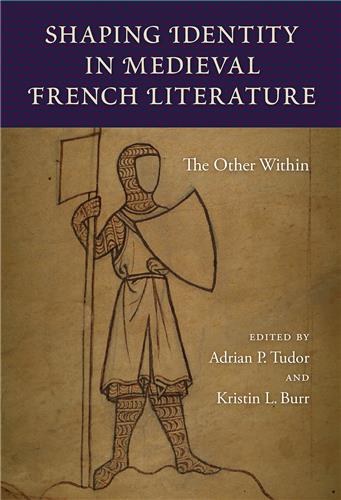Challenging the belief that medieval marriages were loveless, this book analyzes troubadour poetry and historical records to argue that desire and marriage often intertwined.
Browse by Subject: Medieval/Renaissance
Please note that while you may order forthcoming books at any time, they will not be available for shipment until shortly before publication date
This book provides an overview of the literary genre of Middle English lyrics, anonymous short poems that were composed between the twelfth and sixteenth centuries, identifying common features and trends over time and including modern translations of select examples.
In this book, Lynn Ramey explores the life and works of Jean Bodel, a twelfth-century French poet, playwright, and epic writer, providing translations and summaries of works never published before in English while delving into Bodel’s historical and cultural context.
This volume immerses readers in a debate tradition that flourished in France during the late Middle Ages, focusing on two works that were both popular and controversial in their time and the discussions they sparked surrounding questions of women’s agency, love, marriage, and honor.
This book examines the rise of an influential new family of poetry in the late Middle Ages, analyzing why the allegorical first-person romance embedded itself in the vernacular literature of Western Europe and remained popular for more than two centuries.
This volume brings together literary and musical compositions of medieval France, identifying the use of voice in these works as a way of articulating gendered identities.
Combining an accessible approach with innovative scholarship, Carl Phelpstead draws on historical context, contemporary theory, and close reading to deepen our understanding of Icelandic saga narratives about the island’s early history.
This volume offers a broad and rich view of the tradition of Old French epic poetry, or chansons de geste, by providing an updated English translation of three central poems from the twelfth-century Guillaume d’Orange cycle.
This new and provocative interpretation examines the formal similarities between the Decameron’s tales of wit, wisdom, and practical jokes and the popular thirteenth-century fabliaux.
Contributors to this collection consider the multiplicity and instability of medieval French literary identity, arguing that it is fluid and represented in many different ways. Inherently unstable, identity is created, re-created, adopted, refused, imposed, and self-imposed. Additionally, taken together the essays posit that an individual may identify with a group, existing within it, and yet remain foreign to it.











